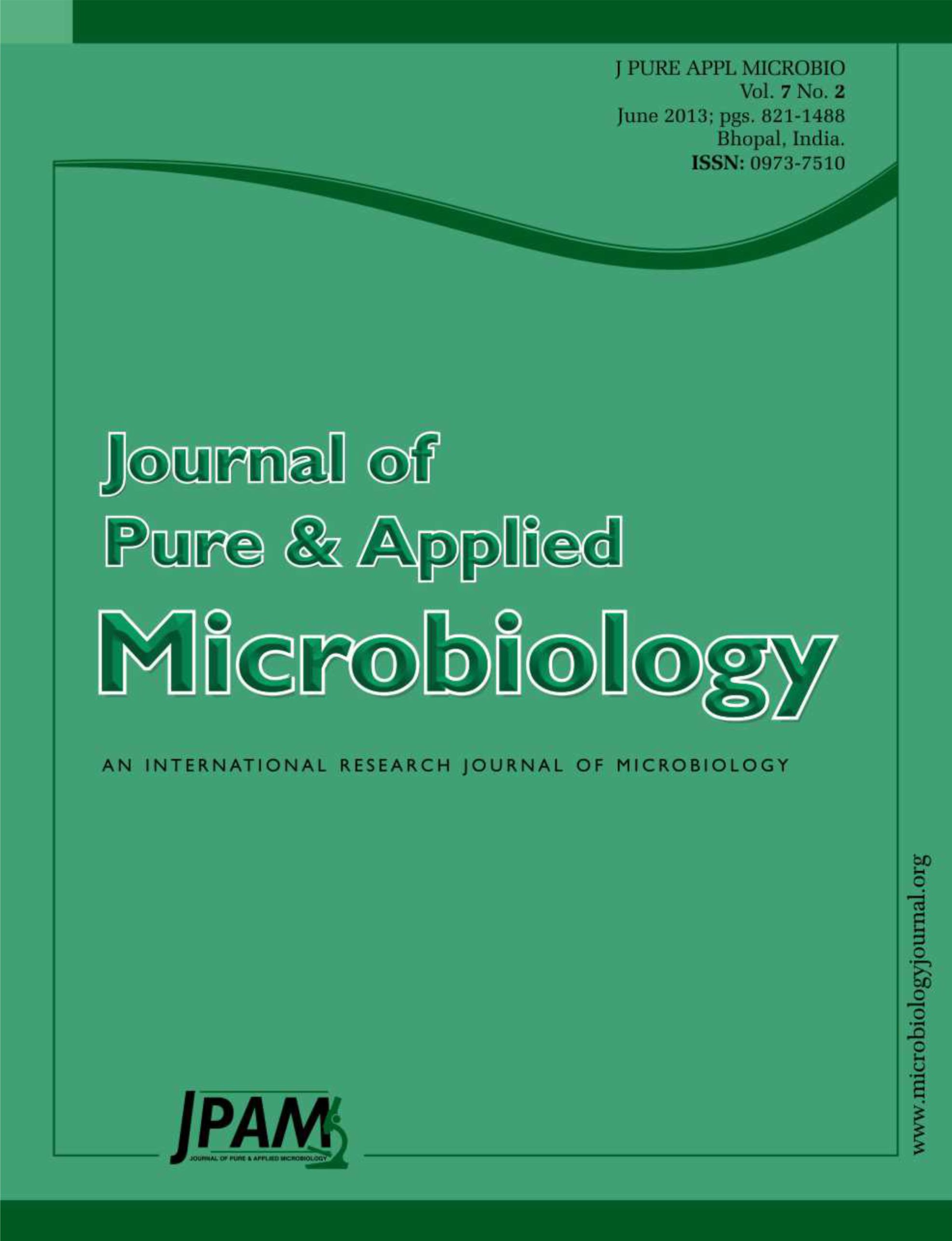Human immunodeficiency virus (HIV), the causative agent of AIDS is fast becoming a major threat in Indian subcontinent, with an estimated 5.2 million persons being infected with HIV with 1, 11,000 AIDS cases among them.1 Enteric parasitic infections are one of leading causes of morbidity and mortality in HIV infected patients. Study was conducted to know the prevalence of different enteric parasites in HIV-seropositive patients. The study was conducted on 75 HIV seropositive patients. Fresh morning stool sample was collected from each patient and examined macroscopically and by saline wet mount, iodine wet mount and modified Ziehl-Neelsen’s staining before and after formol ether concentration technique. Statistical analysis was done by Fisher’s test and Odd’s ratio with 95% confidence interval was calculated. Of the 75 patients 51(68%) patients presented with diarrhea. Maximum number of patients were in the 21-50 years age group with male preponderance. Parasitic infection was seen in 35(46.66%) patients and a total of 38 parasites were detected. Poly parasitism was seen in 3(4%) patients. Cryptosporidium parvum was the predominant (18.66%) parasite detected followed by Isospora belli (9.33%), E.hystolytica/dispar (9.33%) and others. Cyclospora cayetanensis was detected in only 2(2.6%) patients. A higher proportion of diarrhoeal patients were found to harbour enteric parasites that non-diarrhoeal cases (67.74% Vs 25%). Of the 38 parasites detected, 92.10% were protozoan parasites while only 7.89% were helminthic parasites. Opportunistic and non opportunistic parasites are highly prevalent in HIV seropositive patients with or without diarrhoea. The parasitic infections in HIV infected patients are more predominantly caused by protozoal and intracellular parasites than helminthic and extracellular parasites. Routine examination of stool samples and prompt treatment of parasitic infections can significantly benefit HIV-infected individuals.
Cryptosporidium parvum, Isospora belli, Cyclospora, Opportunistic infections, HIV
© The Author(s) 2014. Open Access. This article is distributed under the terms of the Creative Commons Attribution 4.0 International License which permits unrestricted use, sharing, distribution, and reproduction in any medium, provided you give appropriate credit to the original author(s) and the source, provide a link to the Creative Commons license, and indicate if changes were made.


